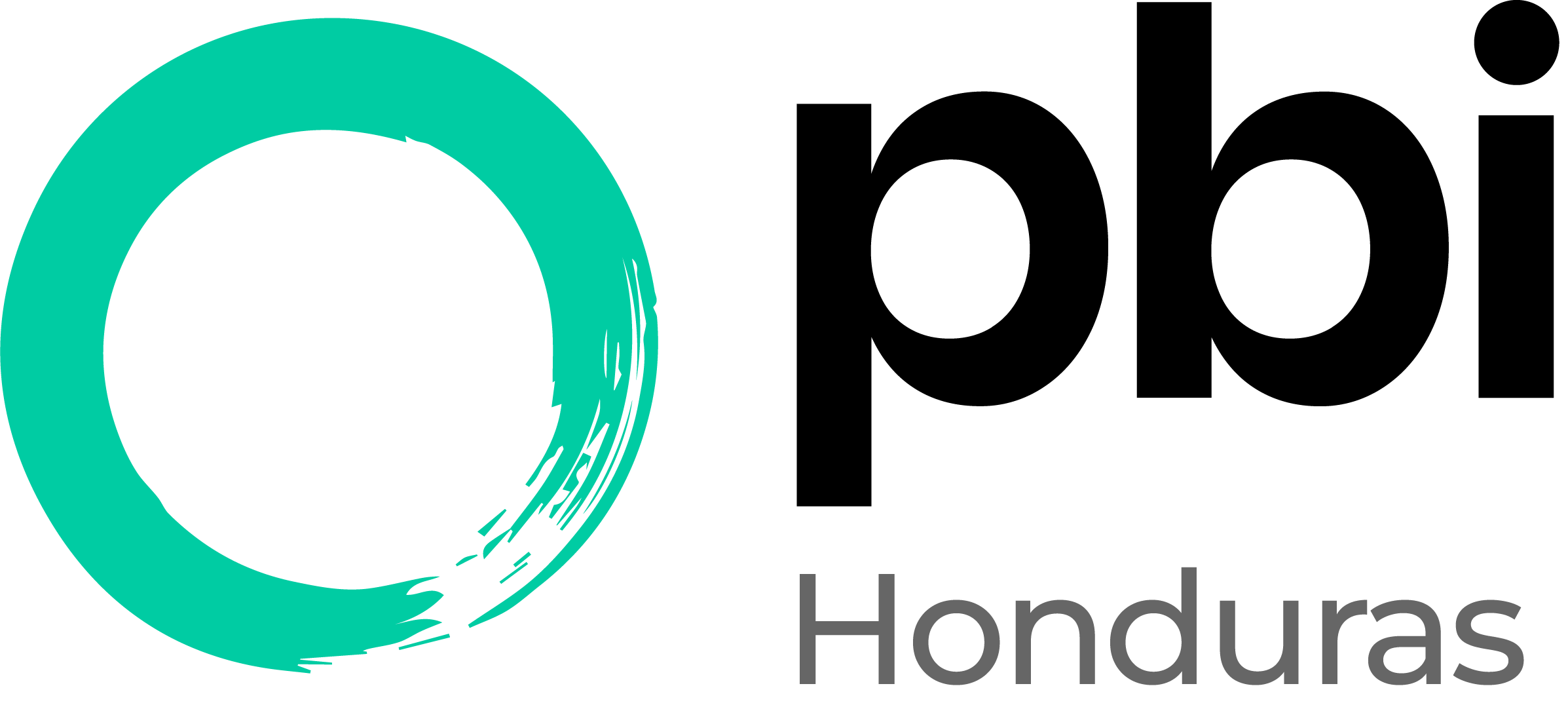Kevin Ramírez’s community is located between the clear waters of rock pools where families bathe and the jungle-covered mountains that mark the border between Honduras and Guatemala. It was in this remote corner of the country that Kevin founded the Association for the Defence of Common Property in Quimistán (Asociación para la defensa de los bienes comunes de Quimistán - ASODEBICOQ), in the Honduran department of Santa Bárbara, to train the members of local communities in the area in human rights and the defence of land, territory and the environment. With this work, Kevin hopes that people can make informed decisions about the exploitation of natural resources and reclaim their individual and collective rights in public consultations and other forums, giving a voice to the population in the municipality of Quimistán.
Although the Association has only existed for two years, Kevin Ramírez has been dedicated to the defence of the environment since 2012, when he took part in a training workshop very similar to the ones he now delivers to communities from the municipality of Quimistán. The last two years have been complex, with much progress at the community organisational level, but also much opposition to the organisation’s work. Quimistán is home to many streams and rivers with huge hydro-electric potential, which has led to the installation of several extractive projects in its mountains and valleys. Although representatives from the hydro-electric companies arrive with promises that they will provide employment and electricity, build schools and medical centres and pave the roads, the members of ASODEBICOQ report serious effects and damage brought by these projects, as in the case of Santa Lucía.
Santa Lucía is the name of the community where the Cuyagual hydro-electric project was built, named after the river where it is located. Today, the members of ASODEBICOQ explain, this river is polluted with the explosives that were used to build the project. They also explain that there are no longer any animals or plants in the river and that in some places the river bed is totally dry. According to the local population, what is left of the river has been privatised and the community has to ask for permission to gather stones and sand. Kevin reports that the project was not adequately consulted with the community before it was built.
Using this example, ASODEBICOQ has raised awareness and organised dozens of villages in the northern part of Quimistán. However, both the organisation and the natural resources it protects are at serious risk, which is why PBI Honduras has been accompanying them since 2016. Since then, Kevin has reported numerous security incidents (including defamation, threats and criminalisation) against himself and other members of ASODEBICOQ. He says that accompaniment is a demonstration of international solidarity, which protects him and the community members of the association:
“When we visit the communities, people feel more protected. They always say ‘ASODEBICOQ is not only present here in the communities, but also in Tegucigalpa, and in other countries’. When PBI comes here it is because other people are interested in our struggle and in our process.”
Alongside the threats, attacks and defamation against the work of ASODEBICOQ, Kevin also describes attitudes aiming to discredit the defence of land and human rights as a significant obstacle to his work. Indeed, ASODEBICOQ believes that accompaniment from PBI Honduras increases their work’s visibility and impact:
“When we used to go to the authorities to reclaim our rights, they ignored us; they laughed and made fun of us. But when we have PBI’s accompaniment they have to be more careful, they know that [ASODEBICOQ] is not alone. It is clear that it is not just us, the communities, but also the eyes of the world observing them. Also, the work of ASODEBICOQ is talked about as a good thing, not a bad thing. This has a big impact which really helps us.”
